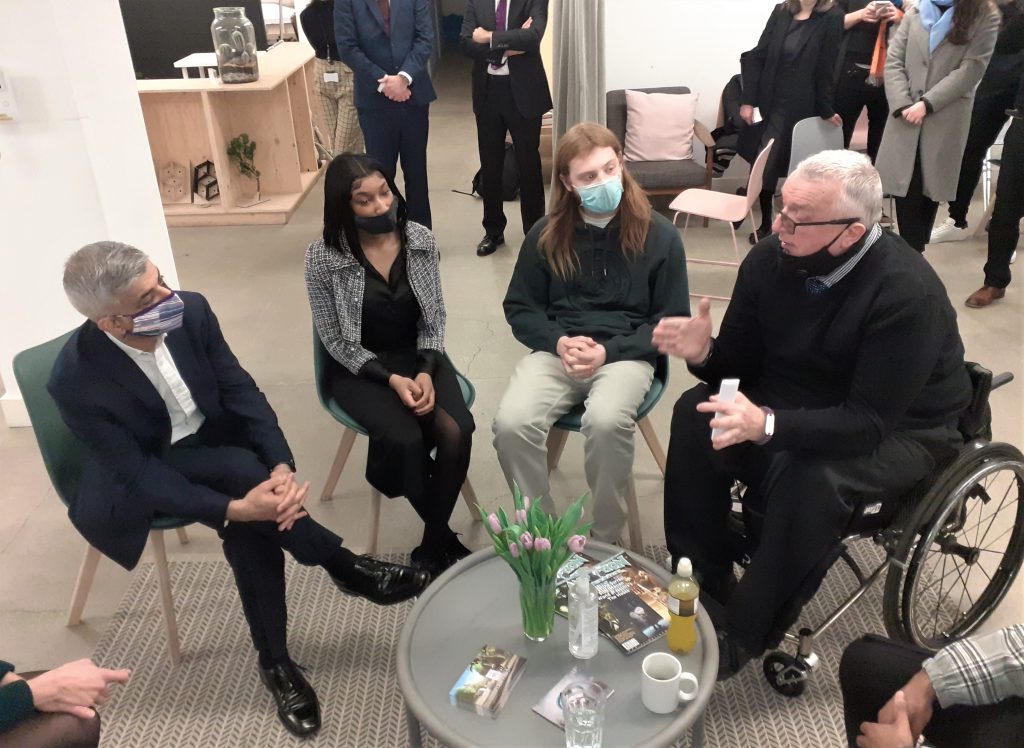Would you like to gain new skills and new knowledge, and get paid while you’re studying for it? An apprenticeship could be the answer. This week is the 15th annual National Apprenticeships Week, a celebration of how apprenticeships help people of all ages develop the skills and knowledge that they need for a rewarding career.
To start the week, Jackie Chapman (Managing Director of Capital City College Training) shares her thoughts on why school leavers should seriously consider an apprenticeship instead of A Levels, T Levels, BTECs or even university, and why it’s a great option for people looking to change careers too.
As National Apprenticeship Week starts, I am reminded of the confusing range of choices available to those leaving school and looking to start the next stage in their lives.
Whether you are 16 or 18 years old, you’ve just had an experience unlike any other generation, making it essential that you have the right support to make the best choices now, which will have a positive impact on your future career.
For some of you, taking A Levels or going to college, and then on to university, may be the best choice, but others would do well by going into work – and in today’s economy there are plenty of options for those who want to! Faced with staff shortages in many key industries, employers are crying out for staff and there has never been a better time to look for a job.
For once, the power is in your hands.
So why should new career starters – or older people changing careers for that matter – apply for an apprenticeship, or ask a perspective employer to put them on an apprenticeship?
Apprenticeships used to only be available in ‘hands-on’ professions like plumbing and construction, but nowadays you can be an apprentice in a much wider choice of occupations. , from accountancy and professional services, to business, HR, engineering and childcare. You can even do apprenticeships with us in the hospitality sector – as a chef for example – or in visual effects in the TV of film industry.
Apprenticeships are for everyone and every age too, not just 16 or 18 year olds. We have people in their 20s, 30s and 40s who’ve changed careers and are now doing apprenticeships in HR, Procurement, Management, Adult Care and many other jobs.
In my opinion, being an apprentice is one of the best ways to ensure that you have ongoing support in a new role, because as an apprentice:
1. You have to be given guaranteed time from work to study
2. You have to have a workplace mentor who will guide you
3. You have a coach or tutor from the training provider to support you
4. You have the chance to learn and develop your skills, with managers understanding your development needs.
Great employers recognise the important of supporting staff, so if you are considering employment – check if they offer apprenticeships!
You might be asking how an apprenticeship works and who can do one. As long as you are 16 or older and have not already completed a qualification in a similar role, you can be an apprentice. Apprentices are employed and have time away from work (usually one day per week) to study for a
qualification. To be an apprentice, you can be a new or current employee and are always paid at least the minimum apprentice wage (many employers pay their apprentices more). And, as you’re studying while you’re working, you could also receive a range of travel and council tax discounts too.
An apprenticeship could be your ticket to success. Find out more about our apprenticeships here.







